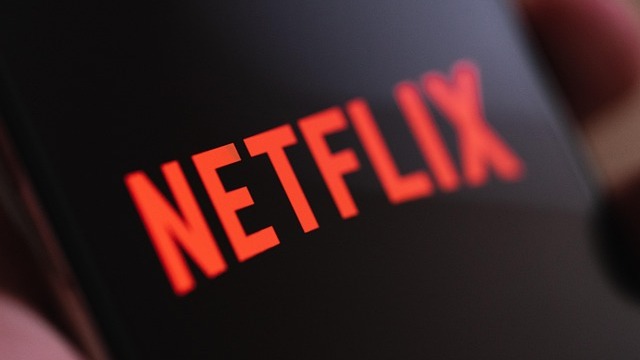
Neurobranding: The Emotion-Driven Approach to Employer Branding
In an age where consumers are bombarded with brand choices, understanding how emotional connections shape decisions is essential for employer brand managers and HR leaders. Neurobranding taps into the emotional triggers that can guide potential candidates towards a brand, making it a compelling strategy in recruiting marketing.
Why Emotional Branding Matters in Recruitment
Research shows that emotions, far more than logic, drive purchasing behavior and brand loyalty. Brands like Apple expertly engineer their packaging and experience to create lasting emotional impressions. Just as these tactics shape purchasing choices, they extend to the candidate journey, influencing the impressions job seekers have about a company long before they apply.
Encouraging Memory Retention for Your Brand
Using cognitive science to enhance an organization's employee value proposition (EVP) empowers brands to build stronger connections with potential employees. Crafting narratives that resonate emotionally can turn fleeting interactions into strong memories. Candidates who recall a heartfelt story linked to your brand are much more likely to pursue roles within your organization.
Creating an Exceptional Candidate Experience
A focus on neurobranding also improves the onboarding experience, tailoring communication and resources that align with the emotional stages of new hires. By addressing their subconscious needs, companies can boost engagement levels during this critical transition phase.
Unleashing the Power of Social Recruiting
Social recruiting is another dynamic area where neurobranding proves invaluable. Engaging social media content that evokes strong emotional responses can help make your company’s reputation vibrant. Brands that utilize storytelling and emotional analytics to connect with candidates foster community and trust—both essential for a successful recruitment process.
In conclusion, for hiring managers and HR tech vendors alike, employing neurobranding strategies can elevate your recruitment marketing to new heights. By understanding your audience at a deeper, more instinctive level, you can craft experiences that not only attract top talent but also foster long-term engagement and loyalty.
 Add Row
Add Row  Add
Add 




Write A Comment